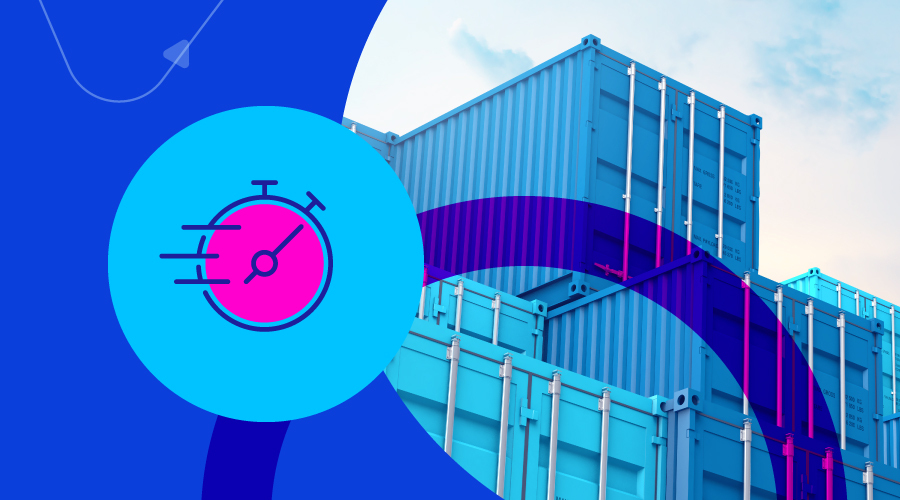
With containerized workloads now the norm, and Kubernetes the chosen method for orchestration, new ways of operating and managing the underlying infrastructure have emerged. In this Kubernetes-first world, the goal is to not have to think about managing compute or storage.
Spot affords this benefit for compute resources with Ocean, a serverless container engine that supports different orchestration platforms like Kubernetes and ECS. With Ocean, developers can shift their energy to their primary focus of building applications, eliminating the need of deploying, managing, and scaling the underlying infrastructure. Developers deploy applications on their clusters, according to the requirements specified (requested resources, workload labels, taints and tolerations) and Ocean automatically allocates the right infrastructure taking into consideration multiple aspects such as costs, availability, vacant reservations and specific constraints.
Using Ocean together with a new offering from AWS & Netapp, Amazon FSx for NetApp ONTAP, it’s possible to also enjoy a storageless experience. FSx for ONTAP is a simple, scalable and fully-managed shared file system. FSx for ONTAP is used with AWS cloud services, can be deployed in a highly available setup (multiple availability zones), and provides advanced features like thin provisioning, deduplication, tiering backups and more.
Containers and storage file systems
Containers are typically ephemeral, and carry with them the data they need to run. This portability is one of the most powerful benefits of migrating to containers, but it also gives rise to questions about data storage. For data-centric workloads like machine learning, artificial intelligence, and big data platforms, the ability to store, access and use the application data it creates is critical. These types of containers require persistent or shared storage, where data isn’t at risk of being lost if a container unexpectedly shuts down.
In Kubernetes, this is supported with PersistentVolumes and PersistentVolumeClaims, which are API resources and abstract the details of how storage is being consumed. Together with Container Storage Interface (CSI), you can expose new storage systems to your containers beyond the core Kubernetes code has.
Applications can access shared volumes through Network File Systems, which allow users to create volumes that can be mounted and shared by multiple components. These volumes exist as part of an external filesystem that persists data across multiple containers and deployments.
To launch and run popular file systems, there are fully-managed services like Amazon FSx, that make it easy and cost effective. With Amazon FSx, you can use popular file systems, both open source and commercial, while avoiding time-consuming administrative tasks such as hardware provisioning, software configuration, patching, and backups. It provides cost-efficient capacity with high levels of reliability, and integrates with a broad portfolio of AWS services to enable faster innovation.
Today, AWS & NetApp launched a new FSx product called FSx for ONTAP, that allows you to consume the NetApp filesystem (Cloud Volumes Ontap – CVO) with just a few clicks.
Going serverless and storageless with Spot Ocean and FSx for ONTAP
It’s easy to configure FSx for ONTAP as a storage backend for self-managed Kubernetes, or managed services like EKS using NetApp’s CSI, Astra Trident. Astra Trident deploys in Kubernetes clusters as pods and provides dynamic storage orchestration services for workloads running on Kubernetes. If a Kubernetes pod is terminated and relaunched, Astra Trident reconnects the volume, even if the pod is relaunched in a different Availability Zone.
Astra Trident enables containerized applications to quickly and easily consume persistent storage from NetApp storage arrays, including NetApp’s FSx for ONTAP. Customers can also configure pods that are running using Ocean to access volumes deployed on FSx for ONTAP file system using standard Kubernetes APIs. With this, customers can run stateful workloads that require highly available file systems as well as workloads that require access to shared storage.
Together with Ocean, Astra Trident and FSx for ONTAP you’ll be able to enjoy a truly serverless and storageless experience, utilizing managed services to run your Kubernetes applications. In the future you should also expect Ocean to allocate FSx for ONTAP costs to the various Kubernetes applications you are running using its Cost Analysis feature.


